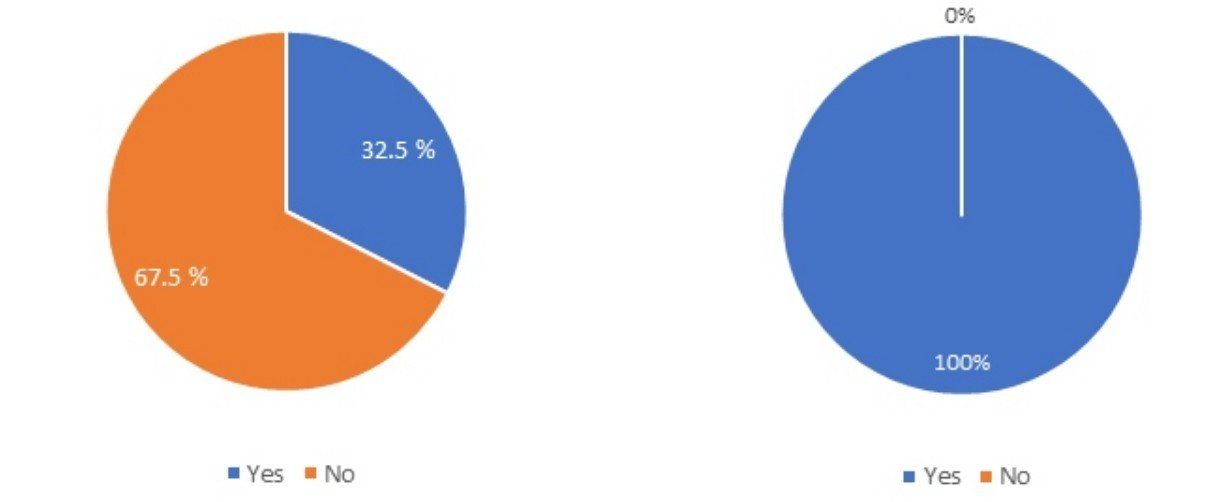Impact of educational intervention on Adverse Drug Reaction Reporting - A consumer centered cross sectional survey
DOI:
https://doi.org/10.5530/ajphs.2023.13.46Keywords:
Adverse Drug Reactions, Awareness, Consumers, Education, Reporting system, Yellow CardAbstract
Consumer reporting of ADRs has some advantages like directness, proper estimation of the burden of ADRs for individuals, early detection of ADRs, ADRs reporting of over-the-counter medicines, promotion of consumers' rights and decrease underreporting. For promoting consumer ADR reporting in our country, it is important to check and improve consumer awareness on ADR reporting. Objective of the study is to assess the knowledge of consumers about adverse drug reactions and reporting systems and evaluate impact of educational interventions to encourage consumers ADR reporting. A prospective observational questionnaire-based survey was conducted in tertiary care teaching hospital. Data were collected from every patient or consumers visiting the hospital who is above 18 years old and willing to participate. A total of 375 samples were collected and analyzed. A total of 375 pre-intervention and 100 post-interventional samples were taken. Almost 253 (67.4%) participants responded that they didn't know about ADR. 32 (8.5%) participants experienced ADRs. After educational intervention, 100 (100%) participants understood about ADR. Before intervention, only 85 (22.6%) participants felt ADRs should be reported, after intervention almost 97 (97%) participants said ADRs should be reported. Before intervention, 247 (65.8%) participants and after intervention 95 (95%) participants opined they will report ADRs in future. It was found that consumers were lacking awareness of ADRs and its reporting system. Our study results proved that educational interventions could create awareness in general population and thereby increase adverse drug reaction reporting by consumers drastically.



